Protect yourself by avoiding these common travel mistakes that attract thieves and put your valuables at risk.
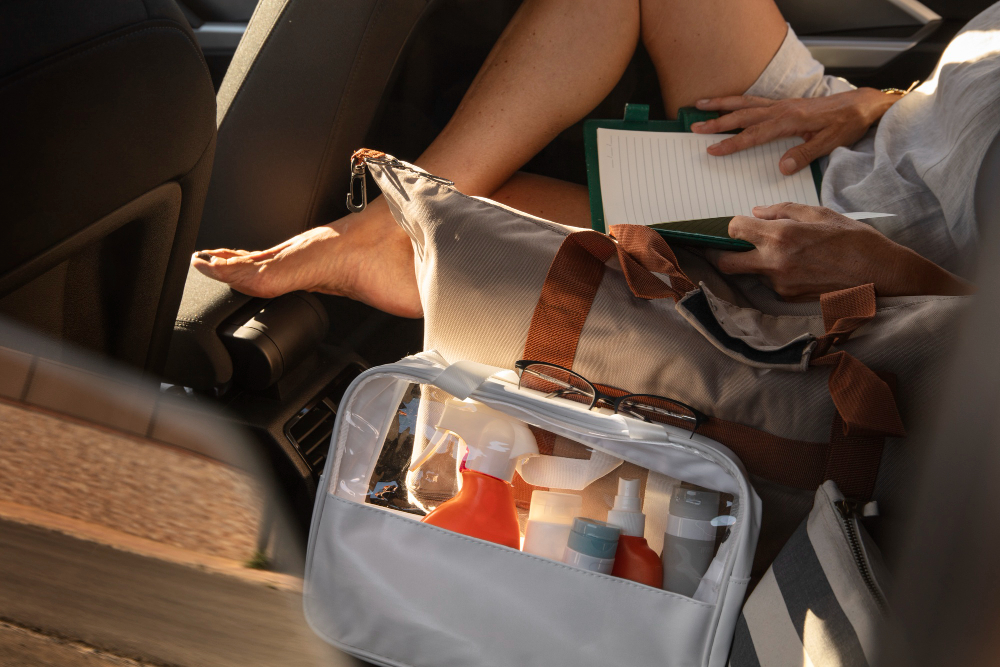
Traveling should be a joyous experience, but careless habits can make you an easy target for thieves. From flashy displays of wealth to simple oversights, these mistakes can ruin your trip in seconds. Being mindful and prepared is the best way to stay safe. In this article, we’ll uncover 11 common travel habits that could expose you to theft abroad—and offer practical advice to help you keep your belongings secure.
1. Flashing expensive items draws unwanted attention.
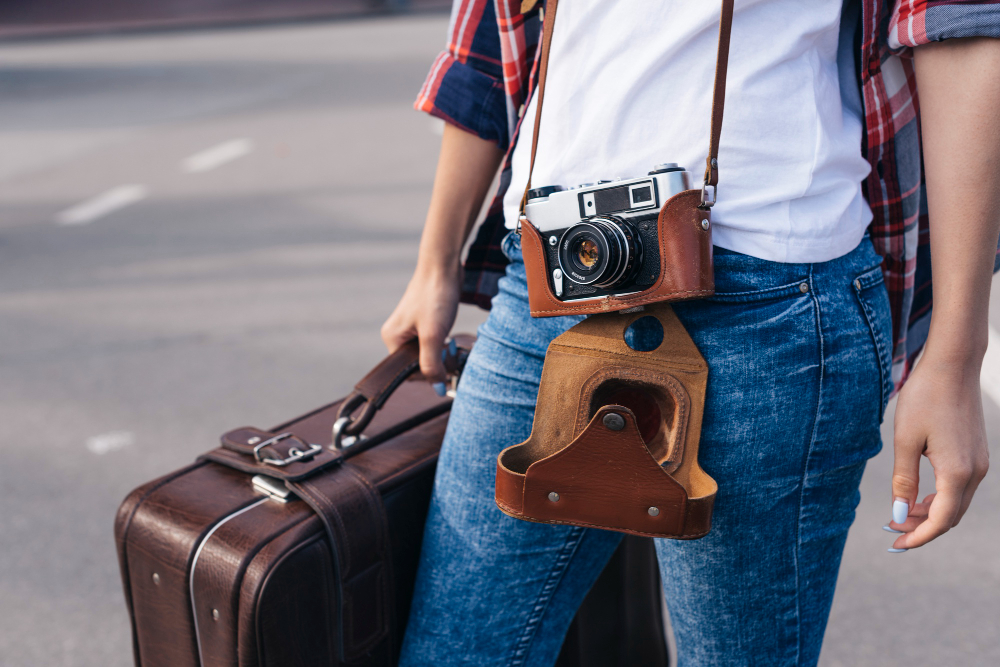
Wearing flashy jewelry or showing off pricey gadgets like cameras or smartphones can make you an instant target for thieves. These items signal wealth and are easy to snatch in crowded areas. Instead, keep valuable items concealed or leave them at home when possible. Use discreet phone cases and avoid unnecessary displays of cash. By staying low-profile, you reduce your chances of becoming a victim while still enjoying your travels.
2. Carrying all your cash in one place makes you vulnerable.

Storing all your cash in one wallet or pocket increases the risk of losing everything if you’re targeted. Thieves often aim for a single grab, knowing that most travelers keep their money and cards together. To safeguard your finances, split your cash across different pockets, bags, or a money belt. Carry only what you need for the day and leave the rest in a hotel safe. This habit minimizes losses if theft occurs.
3. Ignoring crowded areas puts you at risk of pickpockets.
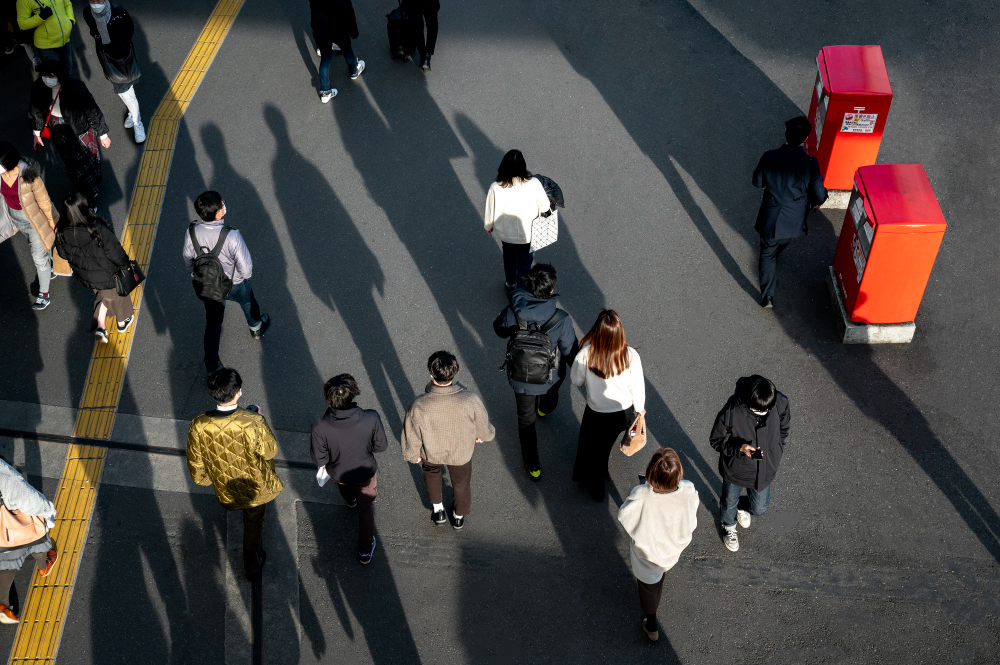
Crowded tourist spots, like markets or landmarks, are prime locations for pickpockets. Thieves use distractions—such as jostling or staged arguments—to steal from distracted travelers. Always be aware of your surroundings and keep your belongings close. Use anti-theft bags with locking zippers and wear them across your body rather than on your back. Staying vigilant in busy areas helps you enjoy the experience without falling prey to opportunistic thieves.
4. Leaving bags unattended invites opportunistic theft.
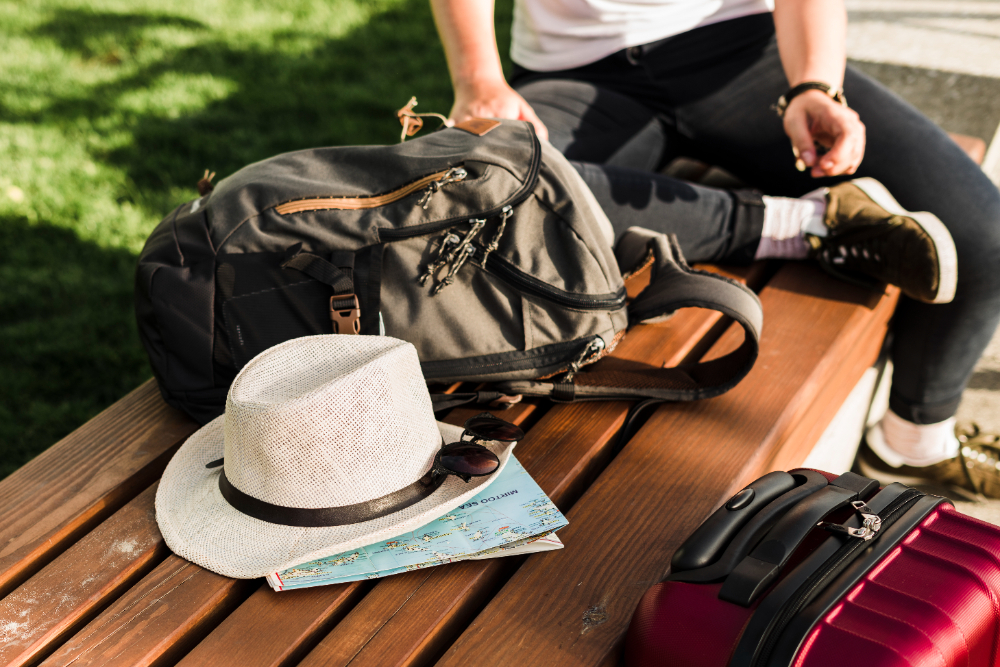
Whether at a café, airport, or park, leaving your bag unattended, even for a moment, is an open invitation for thieves. A quick grab-and-go is all it takes to lose valuable items. Always keep your belongings within arm’s reach or secured with a lock. When sitting at a restaurant, loop your bag strap around your chair leg or place it in your lap. Simple precautions like these can prevent your belongings from disappearing.
5. Using open backpacks makes it easy for thieves to steal.

Backpacks with open or unsecured compartments are easy targets for thieves, especially in crowded areas. A quick unzip or reach-in can result in stolen wallets, phones, or passports before you even notice. Invest in an anti-theft backpack with hidden zippers or locks, and avoid storing valuables in outer pockets. Wearing your backpack in front of you in busy areas adds an extra layer of security and keeps your items safe.
6. Not locking your hotel room leaves your belongings exposed.
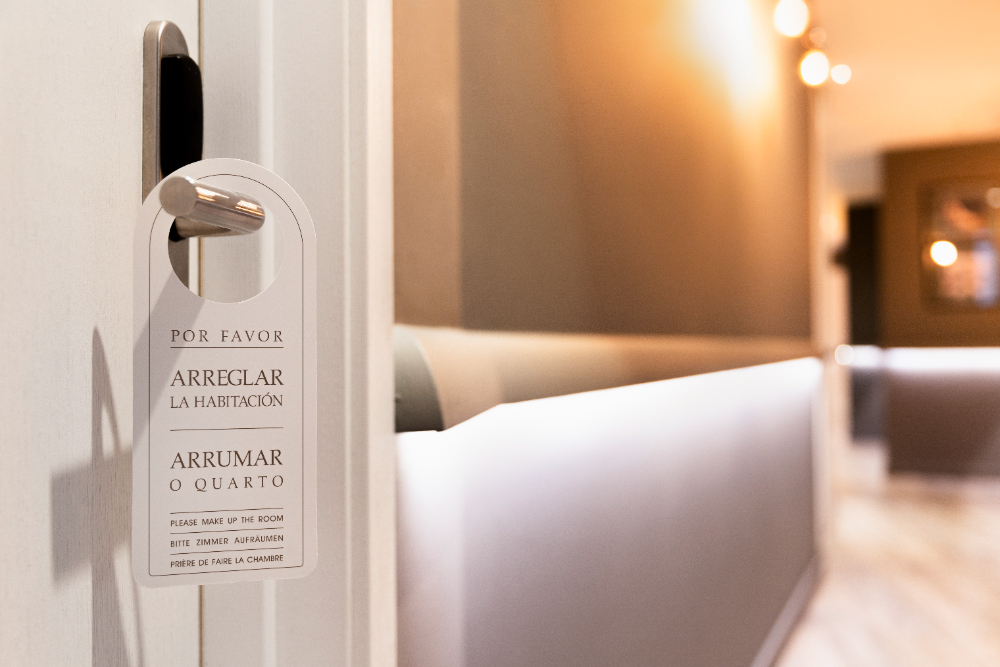
Many travelers overlook the importance of securing their hotel room or luggage, assuming they’re safe inside. However, thefts from hotel rooms are not uncommon, especially in budget accommodations. Always lock your room when leaving and use a portable travel safe or lockbox for valuables. If your room has no safe, consider storing items in a lockable suitcase. Taking these precautions ensures your belongings are secure, even when you’re away.
7. Checking your phone or map in public reveals you’re a tourist.
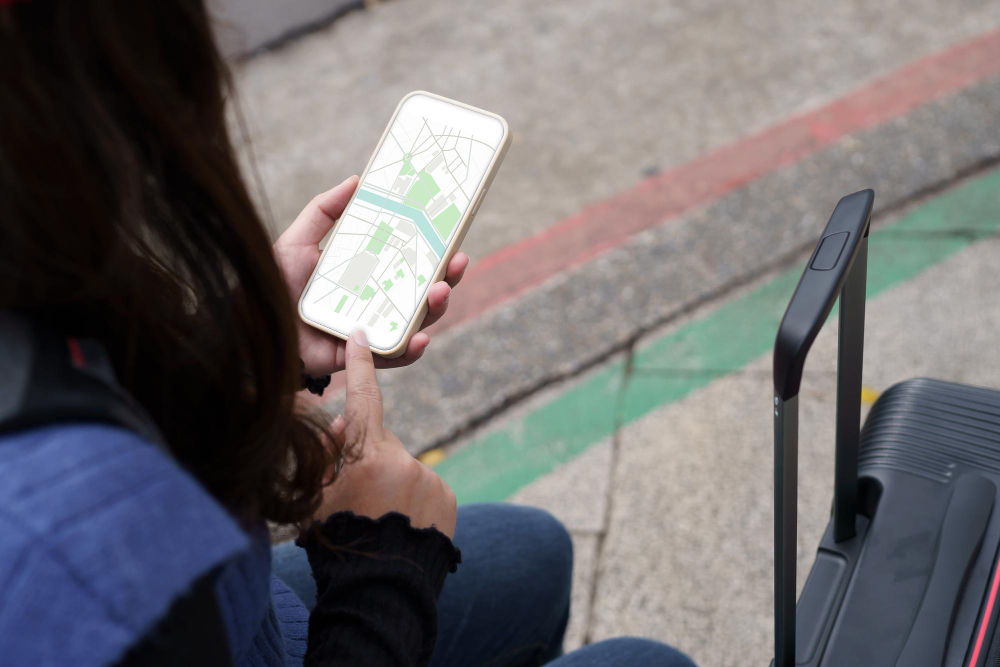
Stopping in the middle of the street to check your phone, map, or guidebook instantly marks you as a tourist—and a potential target. Thieves often look for distracted travelers who are unfamiliar with their surroundings. To avoid this, plan your route in advance or step into a café or quiet area to consult your map. Staying aware of your environment while navigating keeps you safe and less conspicuous.
8. Keeping your wallet in your back pocket makes it easy to steal.

Storing your wallet in your back pocket is a classic mistake that makes it easily accessible to pickpockets. Thieves can grab it quickly in crowded places without you feeling a thing. Instead, keep your wallet in a front pocket or a zippered bag. For added safety, use a slim wallet to reduce bulk and make it harder to detect. Small changes in how you carry your valuables can significantly lower your risk of theft.
9. Wearing headphones distracts you from your surroundings.

Listening to music or podcasts while walking around unfamiliar areas can make you oblivious to potential threats. Thieves often look for distracted travelers who won’t notice suspicious behavior. Keep your ears open and stay aware of your surroundings, especially in busy or isolated areas. If you need to use headphones, keep the volume low and stay alert. Maintaining awareness helps you respond quickly to potential risks and keeps you safer on the go.
10. Using unsecured Wi-Fi networks puts your personal data at risk.
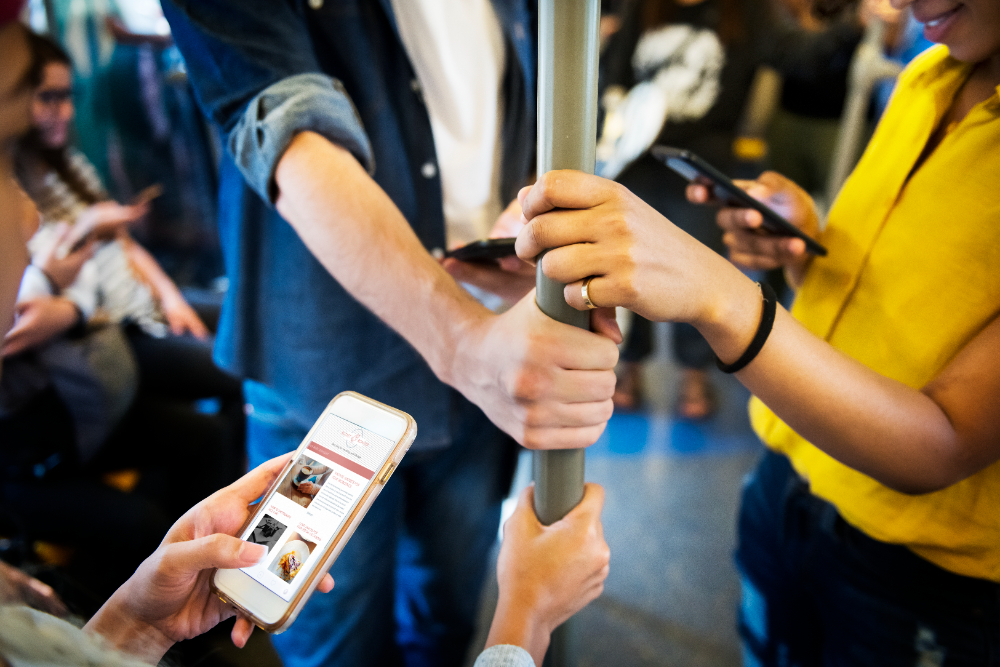
Many travelers connect to free public Wi-Fi without realizing that unsecured networks can expose their personal data to hackers. Identity theft or financial fraud can occur if thieves intercept your information. To protect yourself, use a virtual private network (VPN) when accessing sensitive accounts or avoid public Wi-Fi altogether. Stick to secured networks and update your devices regularly for better protection. Staying digitally safe ensures your online identity remains intact during your travels.
11. Sharing too much information online makes you a target.

Posting real-time updates about your location, plans, or accommodations on social media can alert criminals to your absence or whereabouts. Thieves may use this information to plan break-ins or target you at your destination. Wait until after your trip to share photos and details publicly. Keep your social media accounts private and limit the information you share online. Practicing digital discretion helps you stay safe both abroad and back home.
